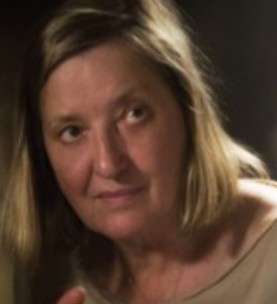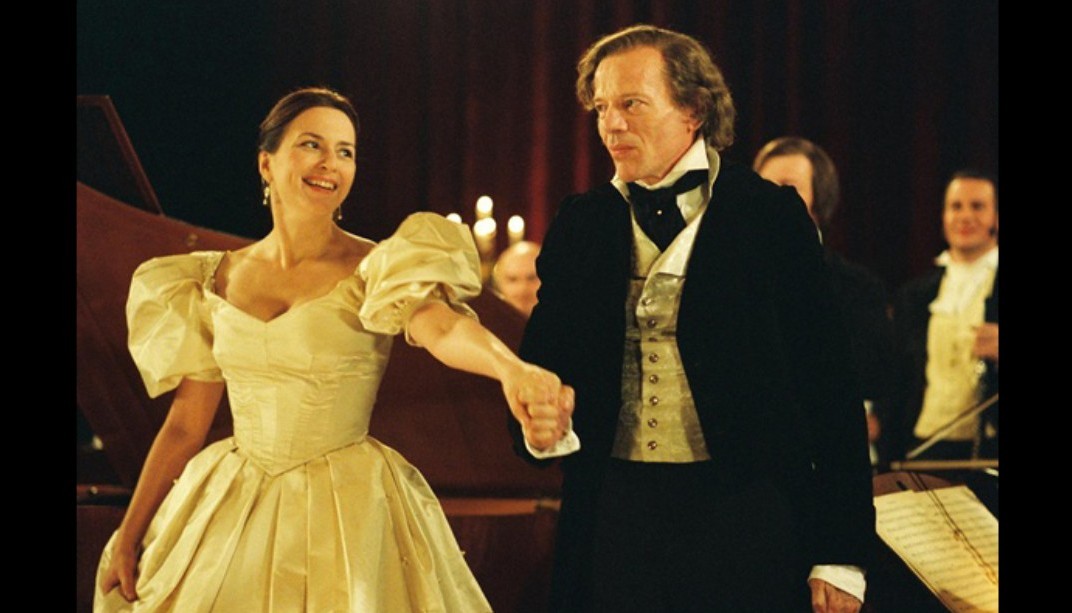페이지 정보
Clara
|
작성자최고관리자 작성일23-07-07 조회699 |
|---|
본문
Germany | 2008 | 109min | 35mm | COLOR | Drama
Synopsis
In 1850, Robert Schumann, his wife Clara and their five children settle down in Duesseldorf where he has accepted a position as musical director. For the musician who is considered more as one of the world’s greatest composer than a conductor, it turns to be a bad decision. Nor is it a happy period for Clara, who is reduced to the role of housewife instead of acclaimed concert pianist performing throughout Europe to sold-out halls. That is, until she meets young, brilliant Brahms. Clara and Brahms fall for one another. Robert, who is sick and suffering from severe depression, attempts to drown himself in the river Rhine on Carnival Monday. His life is saved and he commits himself to a sanatorium. The relationship between Brahms, who cares for the family financially, and Clara grows even more intense. When Robert dies two years later, all the obstacles seem to have disappeared for them. Clara, however, refuses to marry again as Robert’s shadow still weighs too heavy on her. Instead, she decides to play his and Brahms’ music in the world’s concert halls, expressing her feelings for him and for the moments of darkness they both experienced with Robert. She suspects that she can only be an artist if she remains independent. The dramatic love triangle – also a treat for the ears for music lovers and a feast for the eyes for fans of decorative and costume cinema – was filmed with the same man with whom the director worked on Germany, Pale Mother, director of photography, Jüergen Jüerges.
Director
-

- Helma Sanders Brahms
- Born in 1940, director Helma Sanders Brahms studied German and English literature in Cologne. She studied under Pier Paolo Pasolini for two years starting in 1967 and later established her own production company in 1970 to produce documentaries and feature films. In 1975, she made a significant impact in Europe with the love story Below the Pavement, the Beach, influenced by the events of the 1968 protests. In 1980, she released Germany, Pale Mother, which was screened at major film festivals, and is now regarded as a classic of German cinema.
- 이전글 Amalia - The Movie
- 다음글 Made in Hungaria



















































